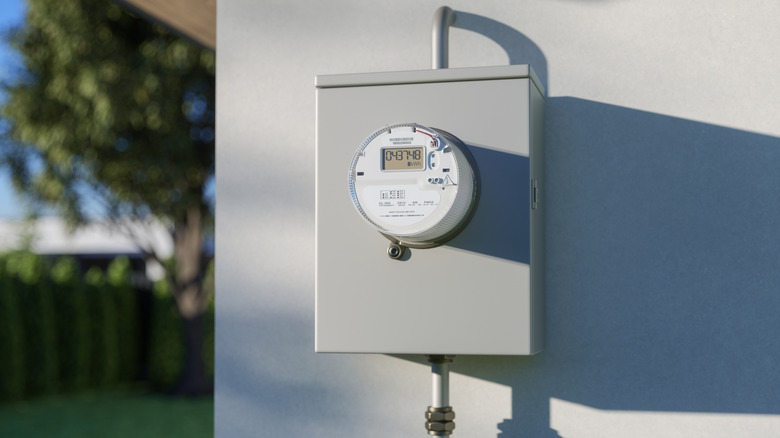What US Homeowners And Renters Should Know About Electricity Shut Off Laws
Experiencing an electricity shut off can be stressful, disorienting, and even dangerous. For most of us, electricity is more than a modern convenience. It secures the comfort of our warm homes, our ability to keep food refrigerated, and the power needed for medical devices. Facing the possibility of losing service because you just don't know what to do when your electric bill is through the roof can be truly frightening. The laws governing electricity shut offs across the United States are complex, varied, and frequently changing. Each state sets its own rules about how and when a utility company can disconnect service, the amount of notice required, and the protections available for vulnerable households with medically fragile or elderly residents. Although some states have strict safeguards prohibiting cutoffs during extreme temperatures, others allow utilities to cut services shortly after non-payment occurs.
Utilities typically shut off power when bills go unpaid or during rarer cases of unauthorized use (like tampering with a meter). For many households, missing a payment triggers a flood of notices that arrive either via phone or mail before services are disconnected. Most, but not all, states require utility companies to provide written notice between 10 and 30 days in advance of an electricity shut off. This notice should clearly outline the amount you owe, the scheduled shut-off date, and options for arranging a payment plan. The best way to understand your rights is to check your state's public utility commission website or contact your utility company directly. Knowing the rules in your area means you'll know what to do if you can't pay your electricity bill before facing a shut-off.
What to do if your electricity is disconnected
If you're at risk of an electricity shut-off, you're not alone. Millions of American homeowners and renters face this reality every day. Although there are ways to reduce your energy bills, it's not always practical if you're already having trouble making ends meet. If you know you're going to miss a payment or you've received a disconnection notice, the first step is to contact your utility company immediately. They often offer payment arrangements, extensions, or budget billing that spreads payments over several months. Homeowners and renters alike should ask about partial payment or forgiveness programs, which can reduce or even eliminate past-due balances when payments are made consistently. Renters should pay special attention to how landlords handle electricity payments, ensuring responsibilities are clearly documented in a rental agreement. In some cases, a landlord's non-payment can trigger a shut off even when a tenant is current on rent. State or local laws may provide additional protections for tenants.
Financial assistance programs are another resource worth exploring. Federally funded programs like the Low Income Home Energy Assistance Program (LIHEAP) help eligible households pay utility bills and provide guidance on state-specific shut off laws. And, local nonprofits may have additional relief funds available, particularly for households with medically fragile members.
When a bill or notice seems incorrect, you can dispute it with your utility company or even escalate your concerns to your state's public utility commission. Keep detailed records of your payments and any notices received. If a shut off occurs, you'll generally need to pay past-due balances and reconnection fees to restore your service. Knowing your options ahead of time can prevent extended interruptions.

